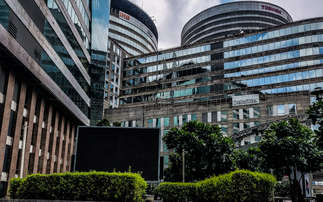Question marks over laws requiring GPs to hand over patient information for the care.data project
One-third of GPs will risk flouting the law in order to opt patients out of the NHS's controversial data-sharing scheme, care.data. That is according to a survey of more than 400 GPs by GP magaz...
To continue reading this article...
Join Computing
- Unlimited access to real-time news, analysis and opinion from the technology industry
- Receive important and breaking news in our daily newsletter
- Be the first to hear about our events and awards programmes
- Join live member only interviews with IT leaders at the ‘IT Lounge’; your chance to ask your burning tech questions and have them answered
- Access to the Computing Delta hub providing market intelligence and research
- Receive our members-only newsletter with exclusive opinion pieces from senior IT Leaders























